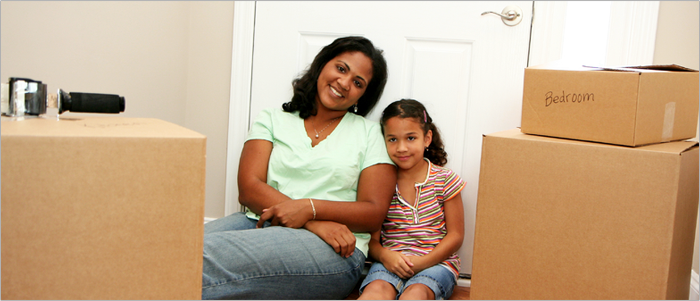Click to Download PDFs
Know the Facts
There is no constitutional
right to smoke
Document the Problem
How Your Physician Can Support Your Medical Claims
Secondhand Smoke Communication Record
Talk it Out
Explore Legal Solutions
Legal Options for Tenants Suffering from Drifting Tobacco Smoke

New Yorkers are well aware that living in a smoke-free home is one of the best things they can do for their family’s health and to protect their property; the vast majority do not allow smoking in the home. Unfortunately, for residents of apartments and other multi-unit housing, the decision to have a smoke-free home is not theirs alone. Secondhand smoke drifts from neighboring apartments and creates unhealthy living conditions for everyone in the building.
If you rent and are exposed to unwanted secondhand smoke from a neighboring tenant, you have the right to ask your landlord to protect you and your family. On this site you will find Frequently Asked Questions and tools for documenting the problem, communicating with your neighbor and your landlord, and exploring legal solutions. You can also find more information in the New York Tenants’ Guide to Smoke-Free Housing.
No-smoking policies benefit both tenants and landlords. An increasing number of apartment owners are choosing to go smoke-free to reduce fire risk, save on maintenance costs and to improve tenant health. Let your landlord know about the resources available on the landlord page of this website.
“I’m so happy my landlord adopted a tobacco-free housing policy. I used to live in buildings where other tenants smoked, and the smoke would come through the walls and contaminate everything. It’s great to live in a building where that’s not allowed.”
-Mary Carney, Syracuse, NY resident
“Before our building went smoke free, all the halls and elevators smelled of smoke. It has given me more control over my own health to not breathe secondhand smoke.”
-Myrtle Woodford, Binghamton, NY resident
“With the mounting evidence related to the harms of secondhand smoke, it is nice to know I can come home to a smoke free house.”
-Cristina Hoffman, Cortland, NY resident
